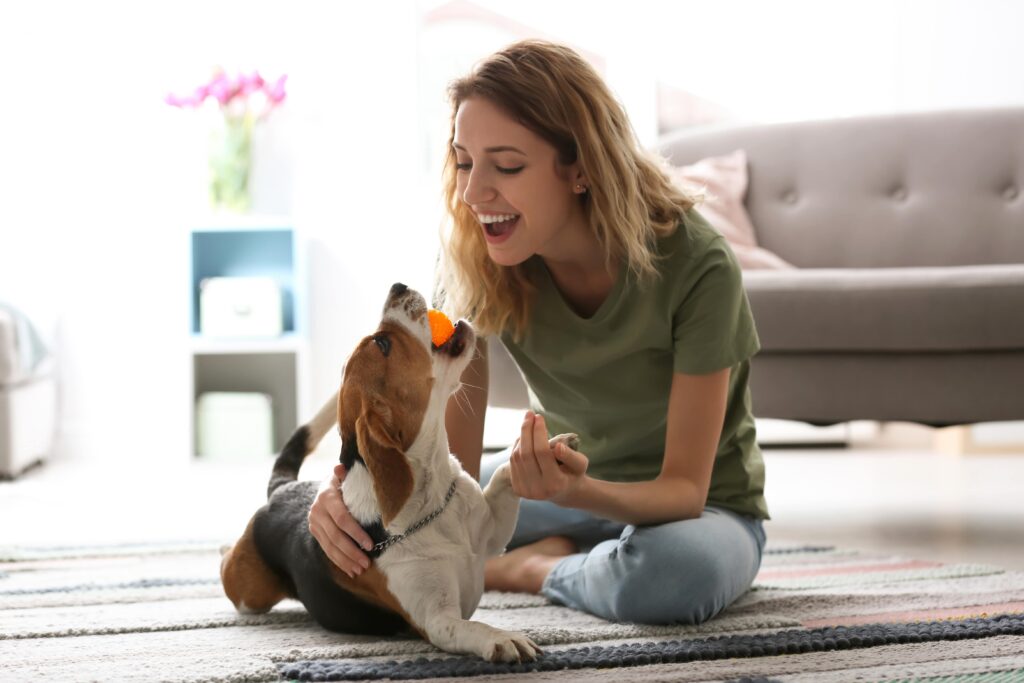Ingesting Foreign Bodies: Symptoms and When to Seek Emergency Care

Our furry friends are naturally curious, often with an urge to explore the world around them with their mouths. This trait can be problematic and even life-threatening if your furry companion swallows a toy or household object. Our team at McKinney Emergency Veterinary Clinic has put together a guide outlining the symptoms of foreign body ingestion and tips on recognizing when to seek emergency veterinary care. We are always here to support pet parents and their furry family members.
The Dangers of Foreign Body Ingestion
Foreign body ingestion continues to be a serious concern, accounting for a significant number of emergency vet visits nationwide. Pets, especially young and curious ones, tend to explore the world around them with their mouths. Their natural curiosity often leads to ingesting objects that can cause them harm. From toys and bones to household items like socks or strings, swallowing any foreign material can pose a serious health risk to your furry companion.
So what happens when a foreign body is ingested? The digestive tract passes food from the mouth, down the esophagus, into the stomach, and travels through the small intestines, after which stool is formed in the colon and expelled through the rectum. This journey typically takes 10-24 hours to complete. An object that is too large to pass naturally can cause an obstruction. When that happens, liquids and foods can’t move around the obstruction, which can lead to compromised blood flow. Without medical intervention, your pet is at risk for a range of complications, including the intestines rupturing, which can lead to a life-threatening condition known as peritonitis.
What Are the Symptoms of Foreign Body Ingestion?
It’s important for pet parents to be aware of the signs of foreign body ingestion. Symptoms may vary depending on the type and size of the object and how long it’s been in the digestive system. Key warning signs may include the following:
- Lethargy or a decrease in activity
- Loss of appetite
- Vomiting or retching
- Difficulty defecating or diarrhea
- Abdominal pain or swelling
- Excessive drooling
- Changes in behavior, such as aggression or depression
While these symptoms do not necessarily indicate foreign body ingestion, it’s essential to get your furry friend evaluated. If a blockage is present, the longer it lasts, the more critical your pet’s condition will be.
Emergency Care for Your Furry Companion
If you believe your pet has ingested a foreign body, it’s always best to seek emergency attention to prevent serious complications or even save your pet’s life. Our dedicated team will conduct a thorough examination and may recommend x-rays or ultrasound imaging to determine the location and extent of the blockage.
Before undergoing any procedures, we will stabilize your furry friend with IV fluids, electrolytes, and pain control medication and may recommend antibiotic therapy in some cases. We will also run blood tests to ensure we address your furry friend’s unique needs.
Depending on the location of the foreign body, we may try to induce vomiting or use an endoscope to remove it without surgery. If, however, the object lodges in the intestines, emergency abdominal surgery is the only option to save your pet’s life. Our McKinney Emergency Veterinary Clinic team never spares any effort to ensure your precious pet is as comfortable as possible throughout any procedure.
After the foreign body is removed, your pet may need a period of hospitalization to ensure healing is on track. Patients in critical state may require intensive care several days after surgery.
Emergency Veterinary Care Near Me in McKinney, TX
At McKinney Emergency Veterinary Clinic, we understand the worry that comes with pet emergencies. Our dedicated team is equipped and fully prepared to provide comprehensive care for your pet in times of need. If you suspect your pet has ingested a foreign object or if you encounter any pet health emergency, call us immediately at 469-820-0233. Your pet’s health and well-being are our topmost priorities!